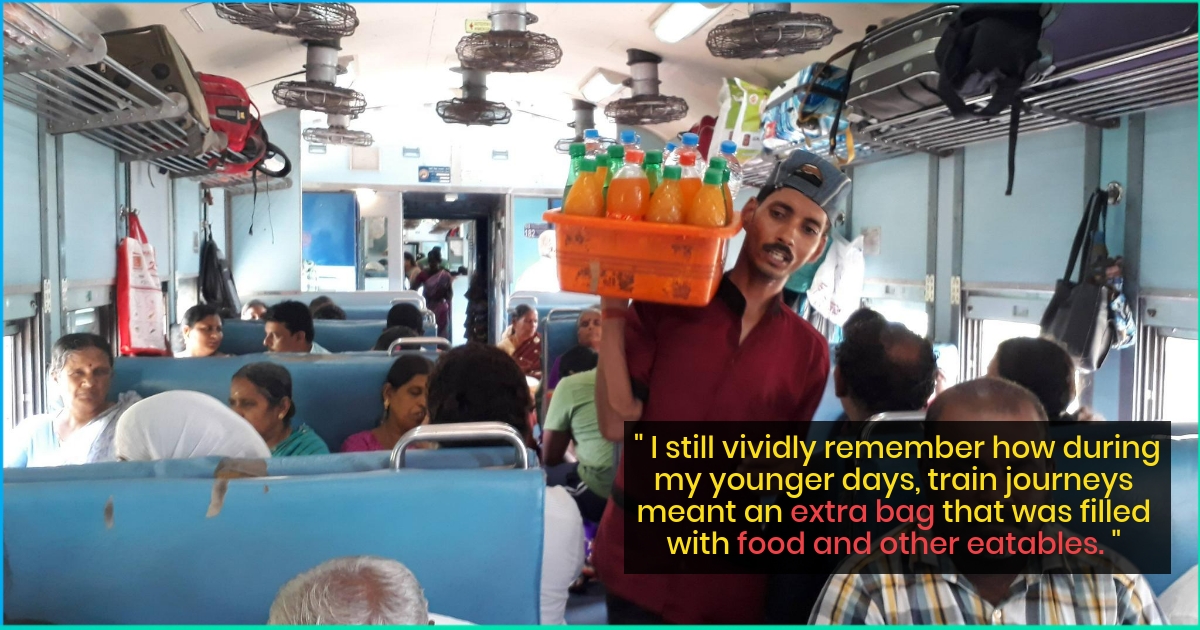
My Story: "Plastic Filled Train Journeys"
“The last train journey that we took turned out to become a space for us to observe and learn some new lessons in regard to paper and plastic disposables. A train journey might last anywhere between a few hours to even days, yet we are so oblivious to the quantity of waste we generate. And why is that so? That’s because it is the least of our concern anywhere at any point in time. The waste generated on a train journey per passenger seems to be more than what one would generate otherwise at home. So what kind of waste are we talking about here? Mostly single-use waste!
And what is the source of such waste? – Is from all the eatables and cold drinks we buy. The reason for it is that with so many vendors around us and with nothing much to do, we all unconsciously tend to munch on something or other. And if we are travelling with children, then it goes without saying as to how much we end buying!!
I still vividly remember how during my younger days, train journeys meant that an extra bag would be carried that contained just food. Sometimes, tea/coffee too was carried in flasks and if children were travelling along, then hot water and milk for them. Also not to forget a fancy looking 5-10 litre water cooler. As the journey would progress, that bag would be emptied in no time and at stations, the water can would be refilled.
However, somewhere through the years, owing to reasons of convenience (main reason) and massive availability of food along the way, carrying food parcels from home has reduced drastically. This, in turn, has resulted in the generation of a lot of waste.
For the longest time, I didn’t understand why even in today’s date my father would insist on taking food packed from home for our travel. Idlis or lemon/curd rice in steel dabbas would be the first option with chutneys and other snacks in smaller dabbas or else it would be neatly packed in a banana leaf and newspaper and tightened with a twine. Old newspapers to clean and cloth towels could also be packed along.
Now, I am really thankful to have grown up such important lessons, which I failed to understand then. Now I am able to connect all the dots and understand things better. When, how and where did this shift happen which is causing so much of damage? Not just sustainability, but also economics and health are being affected here. Since we did practice sustainable options in the past, it shouldn’t be a problem doing it all over again, and going back to our good old days. “
Story By – Vishnu Priya
If you too have an inspiring story to tell the world, send us your story
 All section
All section
















